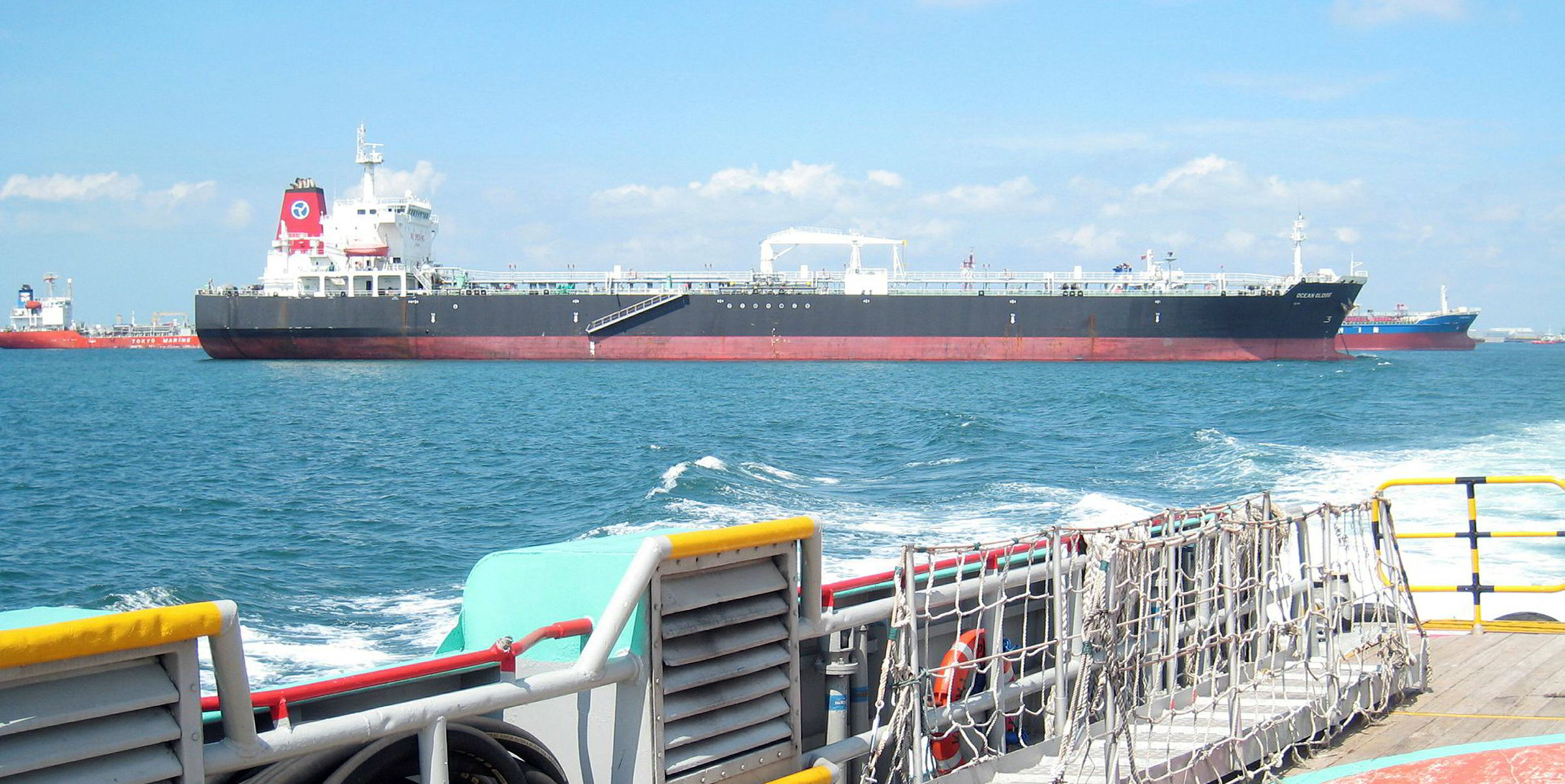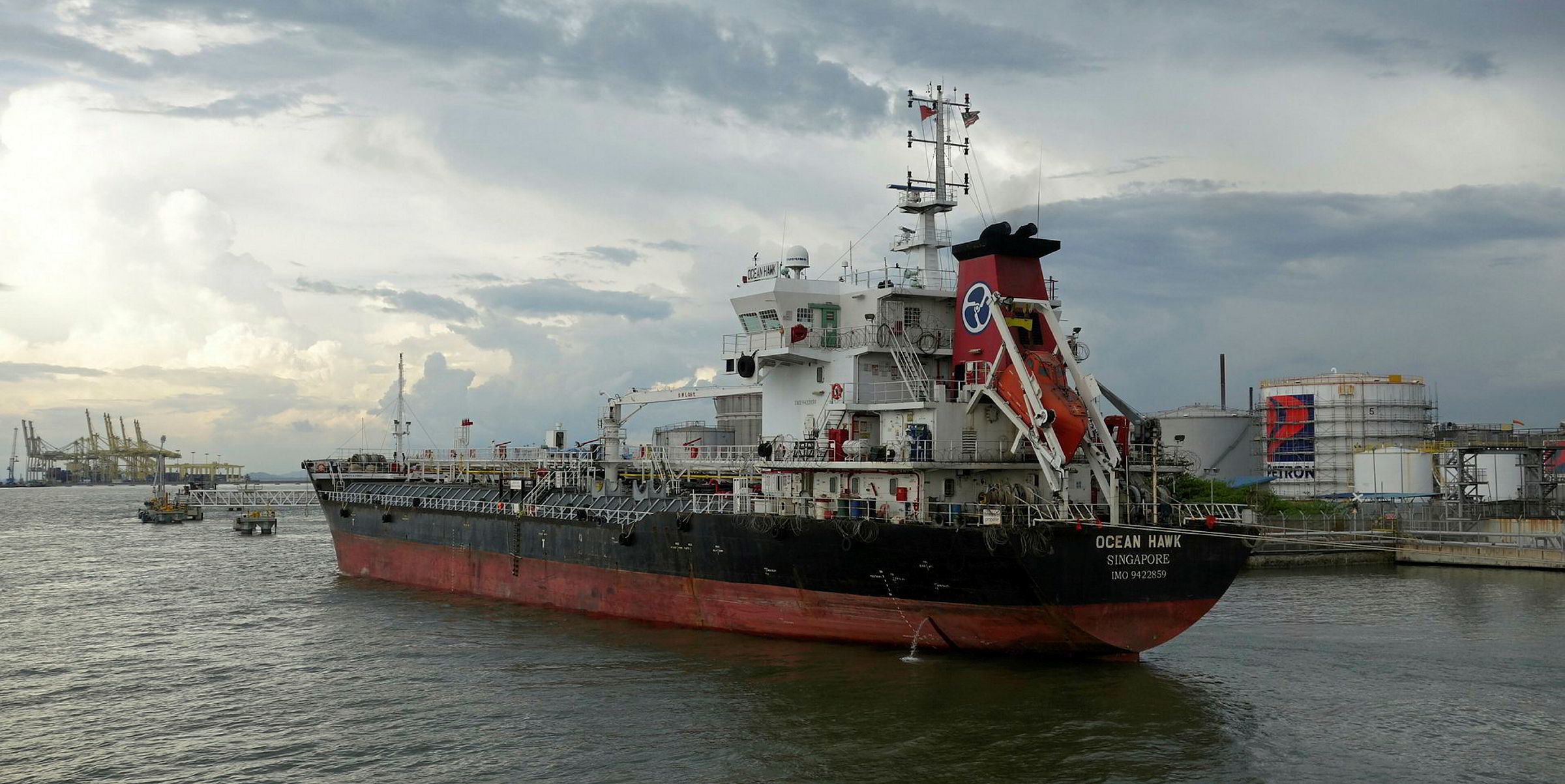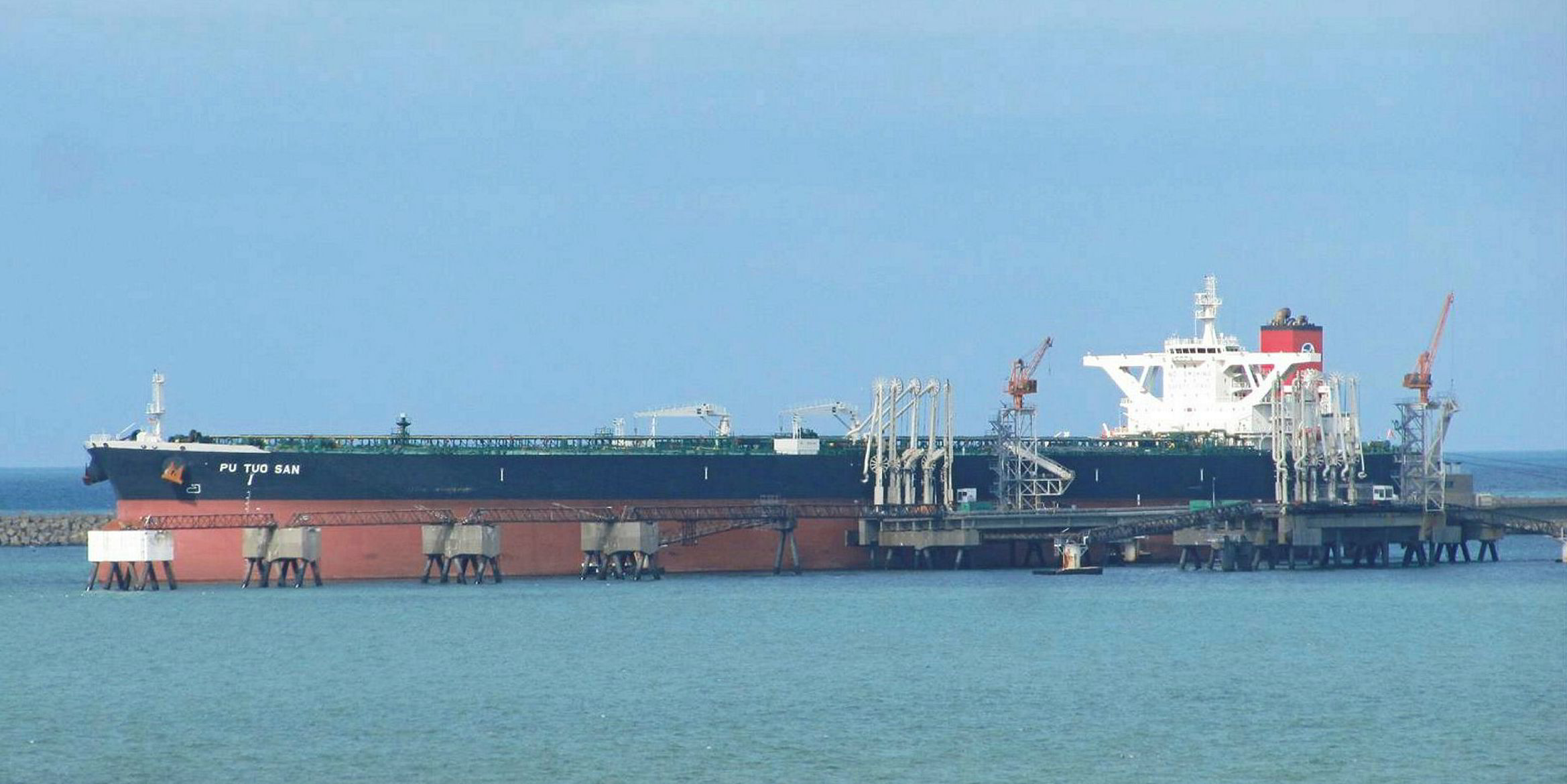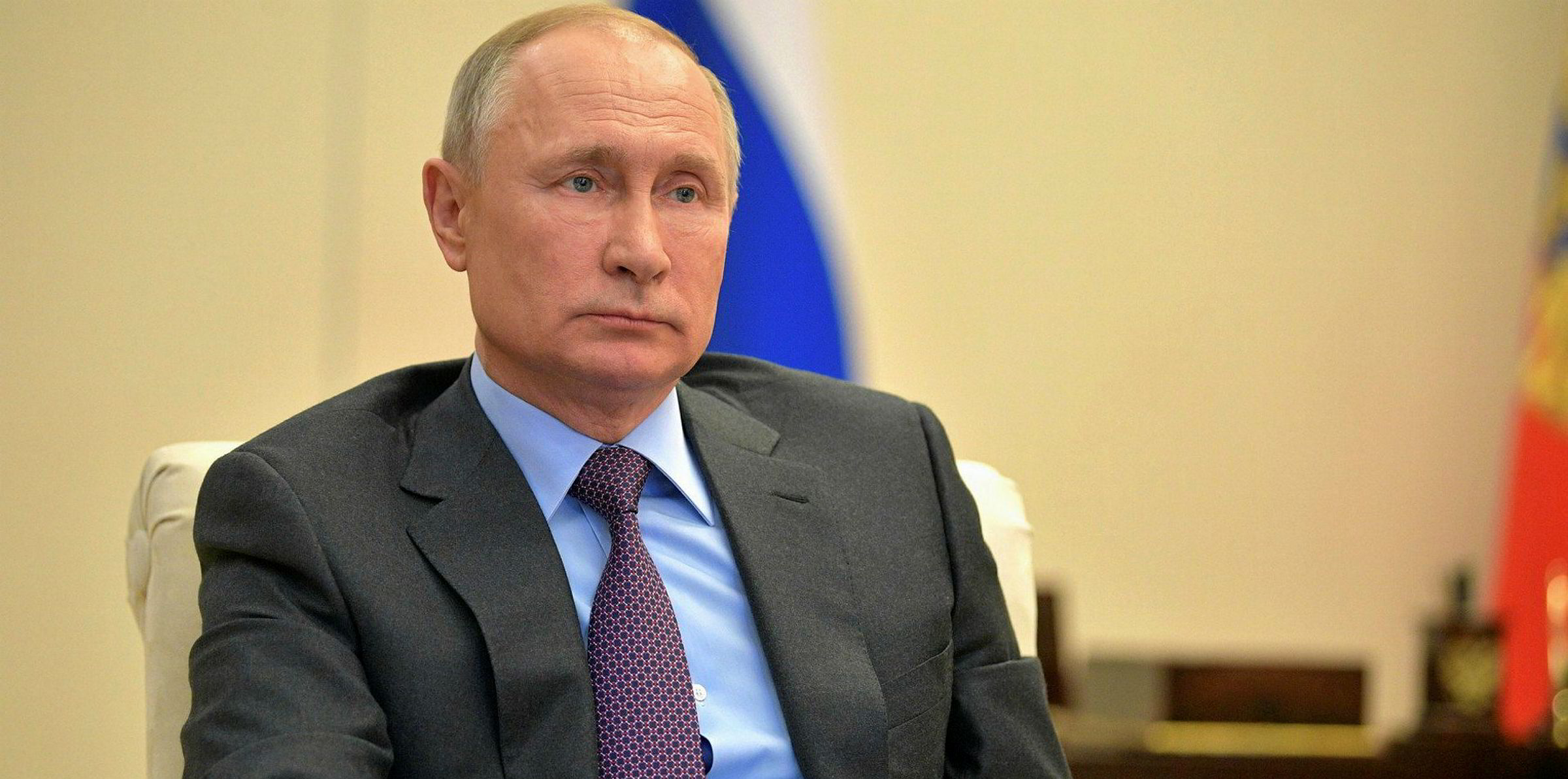Singaporean oil trader and bunker supplier Hin Leong Trading’s future is the subject of speculation after banks froze its credit lines due to concerns over how it will repay its debt in the wake of the collapsed oil prices.
Hin Leong is believed to have debts in excess of $3bn. It has appointed law firm Rajah & Tann and accounting firm PwC to act as advisors during negotiations with its lenders.
Multiple sources have told media outlets, including Bloomberg, Reuters and TradeWinds, that a flurry of online meetings were held this week between Hin Leong, its advisors and its lenders over how to shore up its finances amid concerns over its liquidity.
A source with knowledge of the meetings told Reuters on Wednesday that the talkswere heading in a positive direction, but it would take some time to reach an outcome.
Private meetings
Speculation over the possible outcomes for Hin Leong’s problems was rife throughout Singapore’s tight-knit oil trading community while the meetings continued in private.
Some industry sources suggested that a white knight in the form of Singapore’s sovereign wealth fund Temasek Holdings was poised to take a stake in the company and provide it with loans to cover its immediate debts.
Others suggested that Hin Leong would go the judicial management route.
These ideas are pure conjecture at this stage, and the parties involved are not commenting.
However, the commonly-held perception is that Hin Leong will not be allowed to go under, as the stakes are too high.
"All major oil trading companies and all major local banks and other leasing/financing companies are exposed to Hin Leong," one close observer said.
Bloomberg estimates that banks have a combined exposure of at least $3bn. Lenders include HSBC Holdings, DBS Group Holdings and Oversea-Chinese Banking Corp. HSBC's exposure is said to be the biggest, at about $600m.
Hin Leong’s problems are said to stem from the company taking a big gamble on physical stocks of jet fuel and low-sulphur fuel oil in the weeks preceding the oil price crash.
Trading sources told TradeWinds the company is especially hard hit by its jet fuel purchases. Not only did prices fall, demand all but evaporated as the coronavirus pandemic brought air travel to a near standstill.
Business as usual
Hin Leong is affiliated with Ocean Tankers, Singapore’s largest home-turf tanker owner, and Ocean Bunkering, which was ranked by the Maritime & Port Authority last year as the country’s third-largest bunker supplier.
Ocean Tankers chief executive Evan Lim stressed in a letter sent to customers on Wednesday that it was unaffected by what it described as Hin Leong’s debt restructuring.
“Please note that the company is a separate entity from Hin Leong and has not guaranteed the debts of Hin Leong. Kindly be assured that the company is able to and intends to carry on its business as usual,” he wrote.
Ocean Tankers was once the top player in floating oil storage off the Malaysian coast, with at least eight of its VLCCs being used to store IMO 2020-compliant fuel and blending components in October.
The latest data from Kpler shows the company now only has the 12,210-dwt Cougar Satu (built 1995) storing fuel oil, and the 298,306-dwt Sea Coral (built 1996) and 317,924-dwt Tai Hung San (built 2010) storing IMO 2020-compliant fuels in South East Asia.
Hin Leong also partly owns Singapore’s Universal Terminal in a joint venture with PetroChina. The terminal has capacity of 2.33m cbm and is designed to store feedstock, gasoline, jet fuel, naphtha, fuel oil and base oil.
As ofWednesday this week, business activities at Ocean Tankers, Ocean Bunkering and Universal Terminal appeared to be functioning normally.
Chinese shipbuilding sources said Ocean Tankers’ orders for 21 product tankers at Fujian Mawei Shipbuilding for delivery between 2020 and 2022 are in good standing.
Tanker sources in Singapore said its existing fleet of about 130 tankers is unaffected by Hin Leong’s credit problems.
Withstanding pressure
While some bunker customers have expressed concern over the possibility of a repeat of the payment problems that occurred when OW Bunker collapsed in 2014, industry sources said it is unlikely as Ocean Bunkering is a physical supplier, not an intermediary trader.
But some local sources said those shipping assets could eventually be targeted by creditors if Hin Leong’s financial situation worsens.
The company has already had difficulties completing fuel transactions due to frozen credit lines, Reuters reported.
“Hin Leong is regarded as a long established private oil trader here and [founder] OK Lim is one of the richest men here. But a lot will depend on whether it can withstand the weak oil prices and how long the situation lasts,” a source said.






